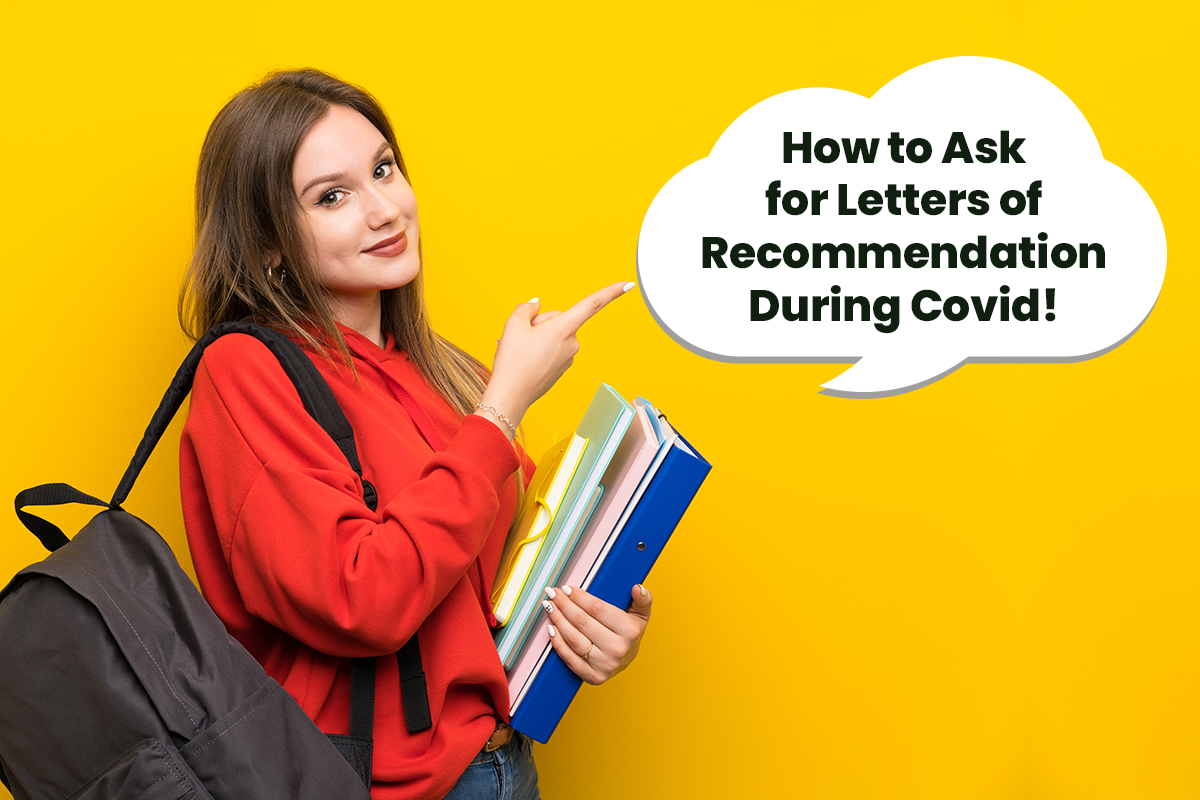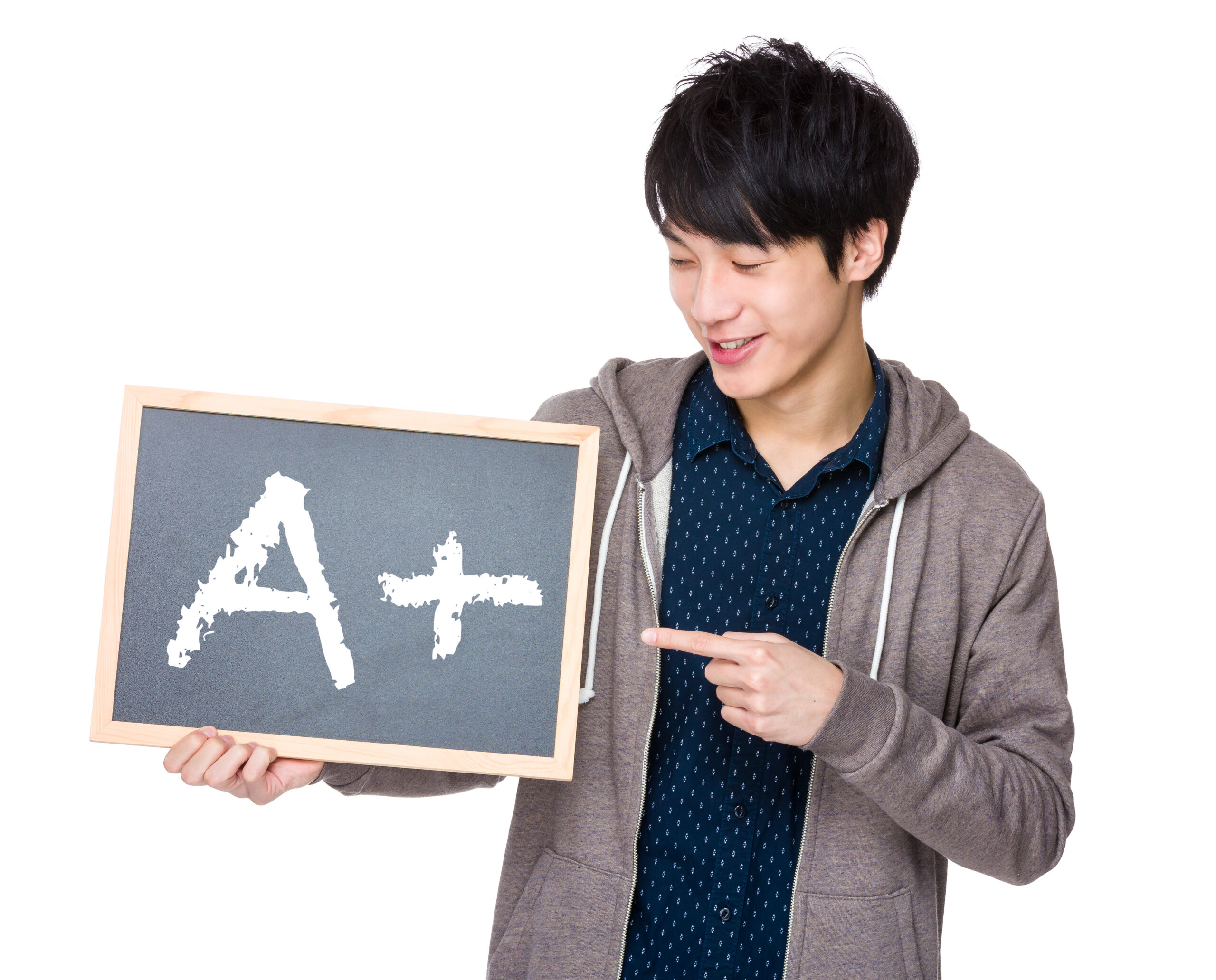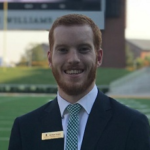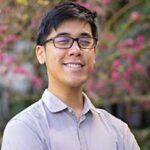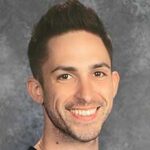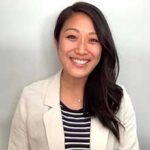Course Selection: Which AP Classes Should I Take Based on My Major?
In your search for colleges, the pressure is intense, and the amount of information out there can be overwhelming—but we’re here to make college applications easier. Today, we will be talking about course selection and which AP classes you should take based on your major. Not all A’s are created equal. Here’s how to know which courses you need to perform well in so that you can achieve your college and career goals.
Course Selection Based on Major
Major #1: Computer Science & Engineering
If you’re looking into colleges for tech, prioritize performing well and challenging yourself in math. The thinking skills involved in math classes teach you to analyze a problem before coming up with a solution. The more A’s you can earn in math, the more seriously good schools will take you.
After math, the next courses you should consider taking are the Physical Sciences (e.g. Chemistry and Physics). These classes demonstrate your quantitative abilities when submitting your high school profile.
Beyond these two subjects, taking at least one course in AP Computer Science is a given. For students with no background in coding, AP Computer Science Principles serves as an introductory course. Students that feel comfortable with coding can take AP Computer Science A.
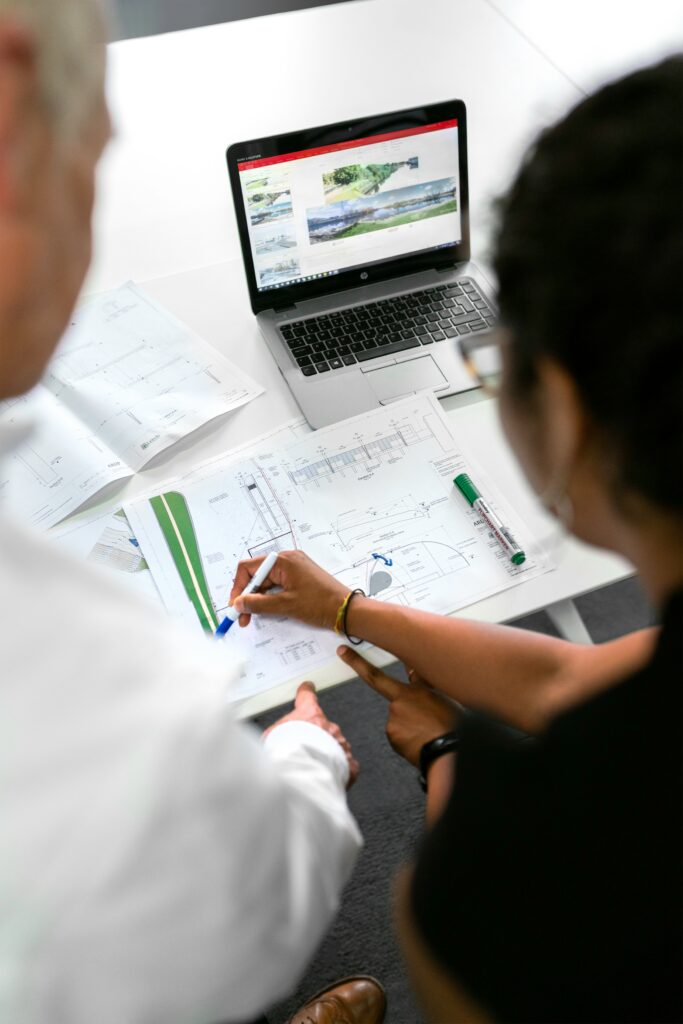
Subjects that do not matter as much for these majors are English, history, and foreign language. This does not mean students should slack off, however; your GPA matters. Do not settle and receive anything less than A. When choosing courses to challenge yourself in, don’t push yourself in a humanities course where you might perform badly.
Pro-Tip: If you’re applying for Engineering, it’s wisest to take Physics in or by 11th grade if possible.
Physics is a key discipline in Engineering. It is one of the best AP classes to take junior year. It is important to indicate to admissions readers that you have the interest and the aptitude to do well here.
Major #2: Biology & Chemistry
Biology and Chemistry are the MOST important courses for these two majors. Beyond these, Chemistry majors need to show aptitude in math. Biology majors, on the other hand, should show aptitude in English. Critical thinking and writing skills are important for lab work and a varied curriculum within the College of Letters & Sciences. Math matters less for Biology majors, as it isn’t a huge component of most Biology programs’ prerequisites. Discover the perfect horlogebandjes that cater to your every need! Whether you seek style, comfort, or durability, our diverse range of smartwatch bandjes and traditional watch straps ensures you find the ideal match. Elevate your timepiece with our high-quality materials and trendy designs, making every moment count. Explore our collection today and redefine your wristwear experience with the ultimate choice in horlogebandjes!

Computer Science & Engineering coursework is less significant for these two majors. Unfortunately, many parents pressure kids to challenge themselves with computer science courses, “just in case.” However, engineering and tech work won’t make an impact for Biology and Chemistry majors—but they might lower your GPA, affecting your overall profile.
Major #3: Business Course Selection
When indicating towards a Business major, take classes like Marketing and Entrepreneurship. A lot of Business revolves around Math, making this another crucial subject to perform well ‘in. There is no pressure to challenge yourself, though; getting A’s should be your first priority.
English is also an important subject for Business majors. A lot of business involves communication, be it writing or talking. The more A’s in English the better, though advanced coursework is optional.
Advanced STEM classes do not carry weight for Business majors, so don’t put your GPA at risk by taking challenging courses that won’t benefit you.
Major #4: Psychology Course Selection
Psychology is definitely an important subject to take, ideally by 11th grade. Feel free to even take AP Psychology to learn more about the basis of psychological theory, but only as long as you can perform well in it. English and History play a big role too for critical reading, writing, and thinking skills. Lastly, Chemistry is also highly recommended, because studying human thought involves studying the human brain.

Similar to Business, advanced STEM classes do not carry weight when indicating towards a Psychology major.
Major #5: Art Course Selection
Art of course is important, BUT take different classes throughout the four years. Not only will this help you gain depth, but it will also show your developing interest. Aside from Art courses, English and History play a big role in developing a creative mindset, plus essential critical reading, writing, and thinking skills.
Advanced STEM classes are less significant for students interested in Art. There is no need to challenge yourself with these types of courses.
Recap & Conclusion on Course Selection
Don’t follow the herd; follow your heart. Part of high school is showing the world what you’re most curious about. Select the courses that pertain most to your likeliest major(s). That’s exactly what most colleges look for – proof of your passions. It’s hard to believe someone who says they’re interested in Engineering if they’ve not taken Physics yet. Or someone who says they’re “passionate about programming” if they can hardly program.
Be smart about course selection. Selecting courses along your likeliest major is a great way to get more A’s. Be careful to avoid over challenging yourself. Do not take courses just because you heard they look good, because it’s barely ever true.
We hope that this provides some valuable insight into how to make your college application profile even stronger.
Want customized tips? Get in touch with our team during a free consultation so we can help you boost your profile even more. Our college counseling services help students navigate every part of the high school and college application process, from finding easy schools to get into to understanding SAT requirements for college.
Podcast: Play in new window | Download

